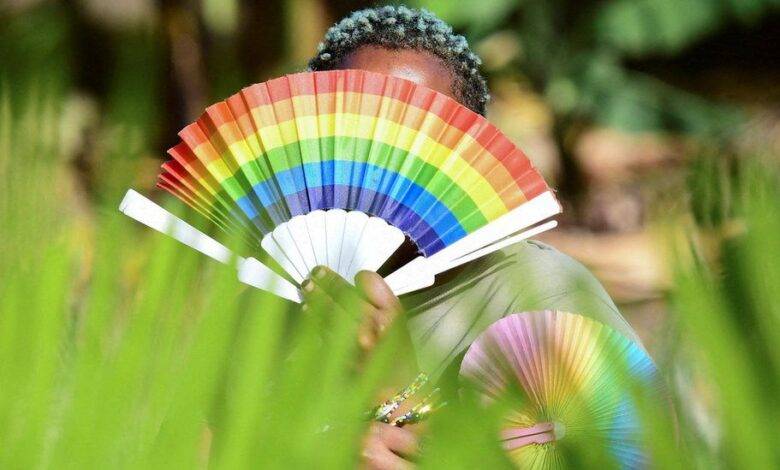
The World Bank says it is halting new loans to Uganda because a new anti-gay law contradicts its core values.
Homosexual acts were already illegal in Uganda, but anyone now convicted faces life imprisonment under the new law which was enacted in May.
The World Bank said it was committed to helping all Ugandans without exception to “escape poverty, access vital services, and improve their lives”.
Uganda dismissed the move by the World Bank as unjust and hypocritical.
Its ambassador to the United Nations called the move super “draconian”.
In a tweet, Ambassador Adonia Ayebare said it was time to rethink the World Bank’s work methods and the board’s decisions.
The Anti-Homosexuality law imposes the death penalty for so-called aggravated cases, which include having gay sex with someone below the age of 18 or where someone is infected with a life-long illness, including HIV.
After deploying a team in May to Uganda, the World Bank released a statement on Tuesday saying the law “fundamentally contradicts the World Bank Group’s values”.
It noted its vision “includes everyone irrespective of race, gender, or sexuality”.
As a result, the World Bank said “no new public financing to Uganda will be presented to our Board of Executive Directors” pending a review of the efficacy of new measures put up in the context of the new legislation.
In response to the World Bank’s decision, Uganda’s state minister for foreign affairs, Okello Oryem, queried the consistency of the move compared to other countries.
“There are many Middle East countries who do not tolerate homosexuals, they actually hang and execute homosexuals,” she said, according to Reuters news agency.
“In the US many states have passed laws that are either against or restrict activities of homosexuality… so why pick on Uganda?”
The legislation has been condemned by Ugandan campaign groups, which have instituted court action to annul the legislation on the grounds that it is discriminatory and it violates the rights of LGBTQ+ people.
—BBC





